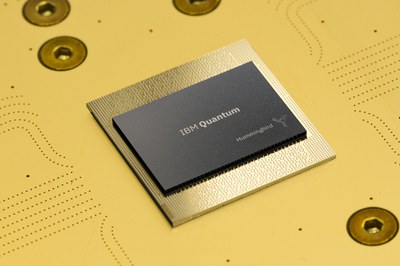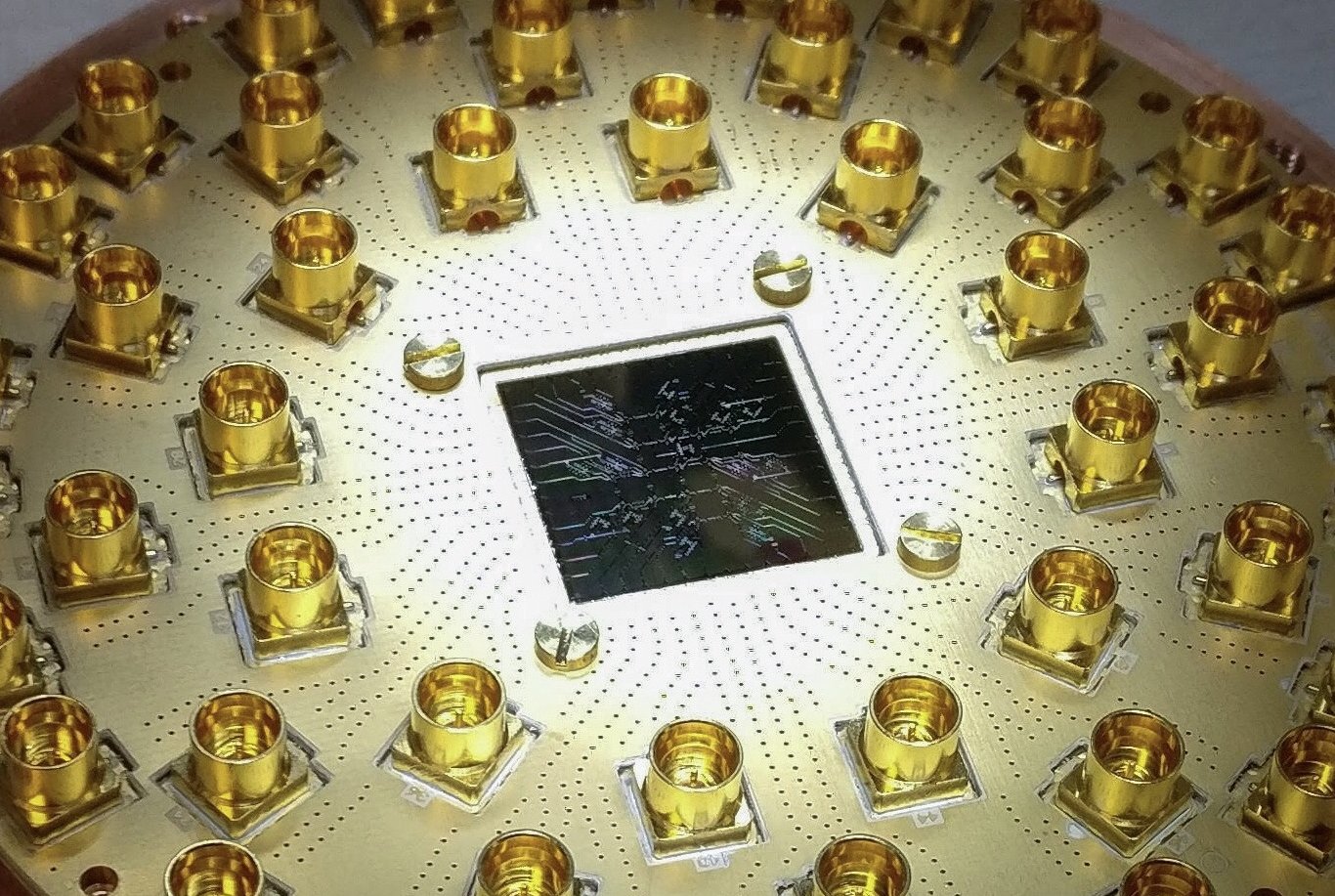In balance: Quantum computing needs the right combination of order and disorder
Research conducted within the Cluster of Excellence ‘Matter and Light for Quantum Computing’ (ML4Q) has analysed cutting-edge device structures of quantum computers to demonstrate that some of them are indeed operating dangerously close to a threshold of chaotic meltdown. The challenge is to walk a thin line between too high, but also too low disorder to safeguard device operation. The study ‘Transmon platform for quantum computing challenged by chaotic fluctuations’ has been published today in Nature Communications.


